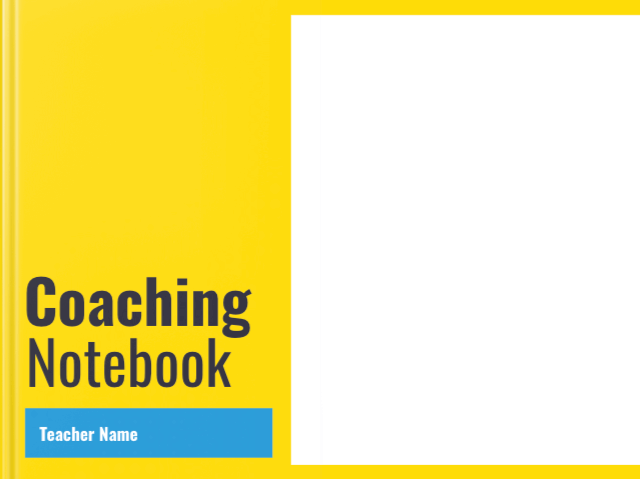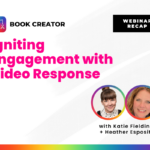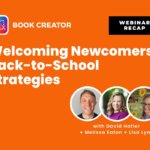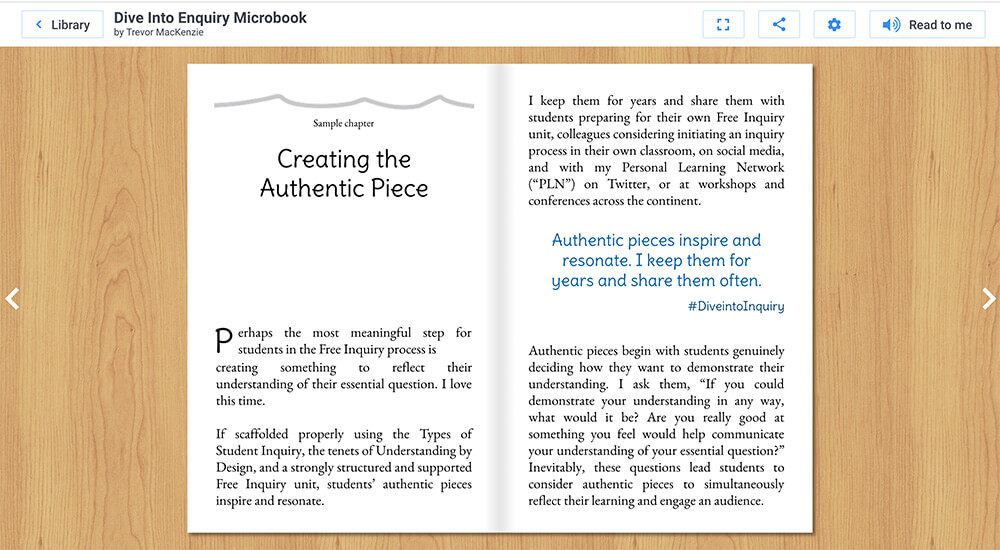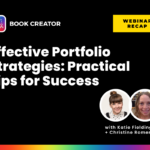Building trust: the foundation of effective coaching
One of the central themes of our discussion was the importance of creating a foundation of trust before diving into feedback. As Brooke explained, “You can’t just walk into a room and start giving feedback without building a relationship first. Effective feedback is a collaborative process, not an evaluative one.”
In our chat, Brooke and I shared practical ways to build this trust, from actively listening and showing empathy to modeling vulnerability as a coach. "One thing I’ve found helpful," I shared with the audience, "is to ask your coachees how they prefer to receive feedback. It’s such a simple gesture, but it makes feedback feel like a mutual conversation rather than a one-way street."
Reflective coaching questions for deeper insights
We also explored techniques for asking reflective questions that prompt deeper self-awareness and growth. Brooke shared a few of her favorite questions, like:
- “What’s the story behind this activity?”
- “If you could change one thing in this area, what would it be?”
- “What do you think is the biggest challenge here?”
These types of questions allow coaches to uncover teachers' values and beliefs, fostering an environment where feedback is not just accepted but welcomed as part of a shared growth journey.
Making feedback actionable and specific
As Brooke highlighted, the most impactful feedback is specific, actionable, and timely. We talked about structuring feedback so that it’s not just about identifying areas for improvement but offering clear next steps. “Feedback should feel like a bridge to growth, not a wall of judgment,” Brooke emphasized.
We even shared a template that can be used to create structured feedback exchanges. Whether you’re giving feedback to a teacher or seeking feedback as a coach, this template can help frame conversations to be productive and empowering.
Differentiating coaching based on teacher needs
Another key takeaway from the webinar was the importance of differentiating coaching approaches based on the teacher’s experience level. Brooke outlined how to adjust feedback for novice teachers, experienced educators, and teacher leaders, emphasizing that one-size-fits-all feedback isn’t effective in a diverse coaching environment.
"With new teachers, sometimes they need more direction," Brooke explained, "whereas seasoned teachers benefit from a collaborative approach that respects their past experiences." For teacher leaders, she suggested providing opportunities for them to coach their peers, creating a ripple effect that enhances the whole learning community.
Connect with Brooke and Forward Edge
Connect with Brooke and explore the impactful coaching programs at Forward Edge! You can also join the vibrant EDU Coach Network they’ve established to deepen your coaching practice and expand your professional growth.
Join us for future webinars!
This session was packed with valuable insights, and it’s just one of the many learning opportunities we have in store. If you’re passionate about empowering educators and want to continue growing your skills as a coach or teacher leader, we invite you to join our upcoming webinars.
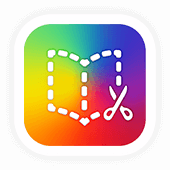
Get Book Creator for your school!
- Upgraded accounts for all your teachers
- Implementation plan to help with rollout
- PD support
- Analytics & admin dashboard
With 20 years of experience in education, Katie is passionate about creating inclusive and accessible classrooms for all students. She loves exploring new places, trying different foods, and connecting with fellow educators.


